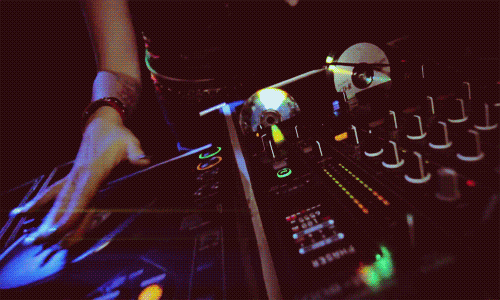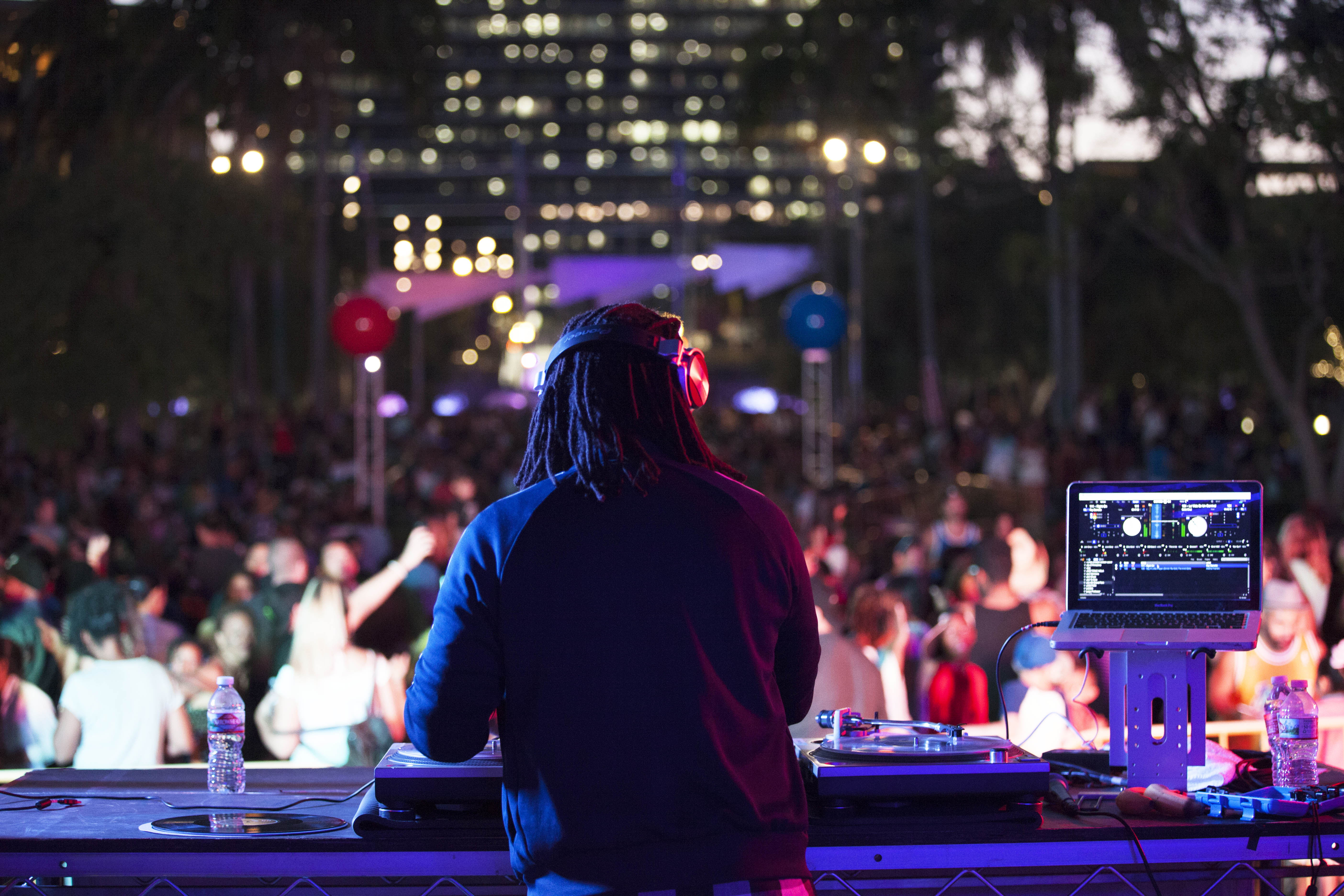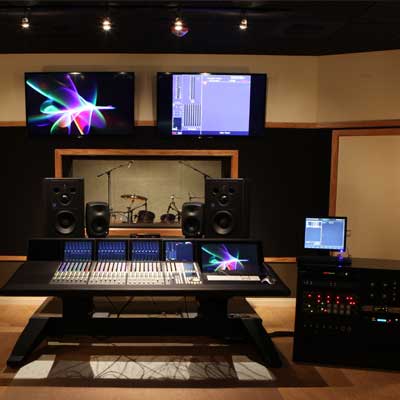12 Things I Wish I Knew When I Started DJing
DJ Charlie Sputnik (aka Charles Chemery), course author and instructor for MI Online’s Intro to DJing, recently shared some essential tips for DJs who are just starting out. Check them out:
1. Get to know the venue.
Many students ask, “How do I get my first gig?” and I always tell them the first step is to identify the venue where you want to perform and visit it regularly. Pick a slow night or arrive before the evening crowds fill in and strike up a casual conversation with a bartender or door person. You’ll be surprised by what you can learn when staff has time to chat — which nights are open to local talent, who books talent, what is the best way to submit DJ mixes, etc. Also, make a good first impression with the staff and chances are the decision-makers will hear about you before you meet them.
2. Check out the existing set-up.
Once you land a gig, visit the DJ booth before your actual gig date. Don’t show up on the day of your gig only to realize you’re not familiar with the club’s gear. If you plan to bring in your own equipment, let the club know beforehand. Some club owners are particular about DJs unplugging the house equipment. After your gig, always reconnect existing cables and gear, “zero” all the levels, and leave the booth clean too.


Blog Post
"*" indicates required fields
By submitting this form, I authorize Musicians Institute (MI) to make or allow the placement of calls, emails, and texts to me at the phone number that I have provided, including through the use of automated technology, or a prerecorded or artificial voice. I understand that I am not required to provide my phone number as a condition of purchasing any property, goods, or services. I agree to the terms of MI’s Privacy Policy. MI will not sell or rent your information to third parties, and you may unsubscribe at any time.
3. Limit your guest list.
If you are being paid based on the number of people who pay at the door, it’s a good idea to limit your guest list. While it’s acceptable to invite a handful of guests, remember that each friend not paying a cover means one less person on your tally! Limiting your guest list is especially important if this is your first-time gig at the venue. It’s nice to get your friends in for free, but it’s better to make a good impression by drawing a sizable paying crowd.
4. Be kind to your sound person.
If you are playing a large room, your best friend is the sound person. Introduce yourself and be respectful. If the sound person feels disrespected, you’ll know it by the way your set sounds on the dance floor.
5. Be prepared for unexpected silence.
If you use a computer set up to DJ, there is always a possibility of an unexpected system crash, hard drive failure or something as simple as a disconnected cable. Bring a “Y” cable (RCA to mini-jack) and a media player preloaded with a DJ mix and plug it in before your set. If you find yourself with a full dance floor and sudden abrupt silence, (a DJ’s worst nightmare!) you can quickly switch to the mix on your media player to keep the music going while you troubleshoot and restart your system.
6. Listen from the dance floor.
While you are still sound checking or in the very beginning of your set, take a quick walk through the dance floor and listen to what you hear. Sometimes the volume, EQ, and sound quality on the dance floor are different from what you hear inside the DJ booth. Know the particularities of your room, especially if there isn’t a sound person.

7. Know your audience.
If you are playing a party where minors are present, stick to “clean” versions of songs (especially if you are playing hip-hop!). You don’t want a parent screaming at you because you exposed their child to the expletive-laden version of Snoop Dogg’s “Ain’t No Fun”.
8. Build your set.
If you are opening for a big-name DJ, it is important to build momentum with your set. Don’t play all the current crowd pleasers right away, and never play the current hits from the headliner! The art of playing a compelling opening DJ set is more difficult than it appears. Usually, the dance floor is still empty, patrons are getting their first drink and wondering if and when they’ll join the dance floor. Play interesting and upbeat material, gradually turning up the “heat” to lure the crowd in — not an easy feat!
9. Take requests (sometimes).
Don’t feel obligated to play everything people request, especially if they don’t offer a tip. You are not a jukebox and often, if you take one request, there will soon be a line of people asking you for all kinds of songs! As a general rule, ask yourself if the request fits in with the current set. If someone becomes insistent that you play their request, you can always tell them you do not have the song with you, or that management asked that you to stick to a particular style, (which may very well be true!).
10. Know the security set-up.
Consider the venue, expected crowd size and if you will need to limit access to your booth. Depending on the evening, you may want to request a velvet rope or even have a security guard. Keep contact info handy for the booking agent, or the venue manager, in case an inebriated patron becomes belligerent or disrespectful.
11. Do what the venue wants.
The booking agent or the venue manager may ask you not to play music from a particular artist, or genre of music. Don’t play it, even if patrons request it. It is important to please the crowd, but even more important to please the person booking and paying you, especially, if you want to be hired again.
12. Have crowd-pleasers ready.
If your dance floor begins to thin out, have two or three sure-fire crowd-pleasers like popular mashups, or remixes, ready to go. This helps bring people back and prevents an embarrassingly empty dance floor. No one likes to see an empty dance floor, especially the club management.
Want to learn with Charlie? Fuel your love of music, and learn how to develop your DJ skills with his online beginners DJ course, Intro to DJing, on MI Online.


